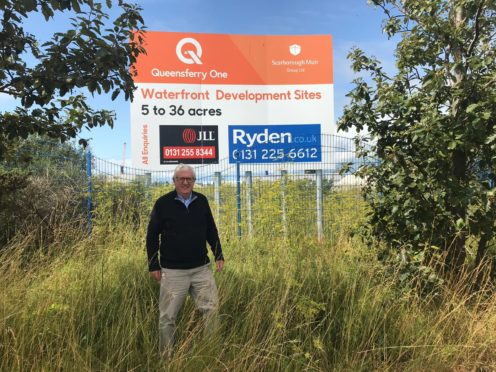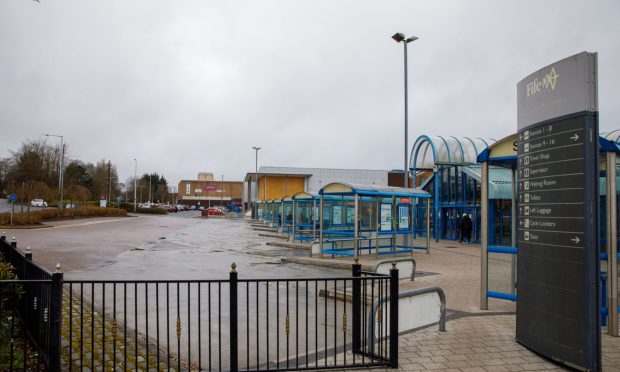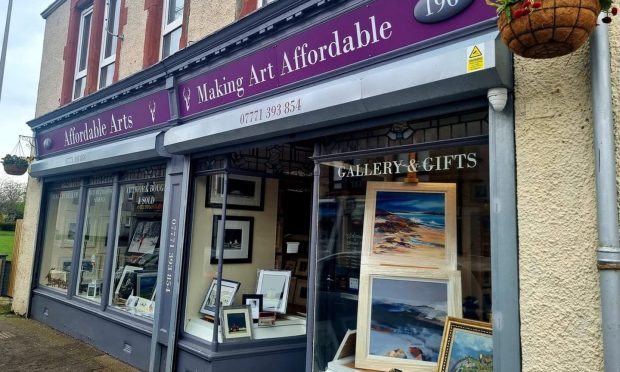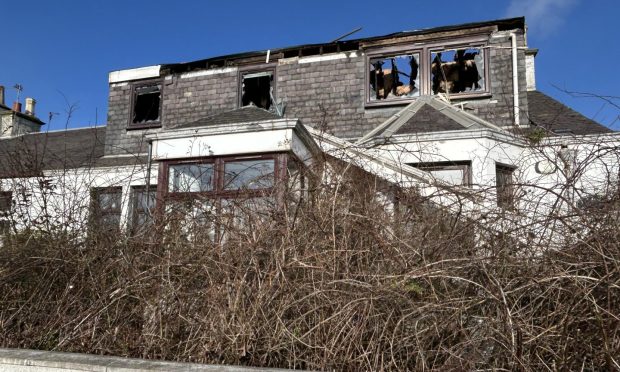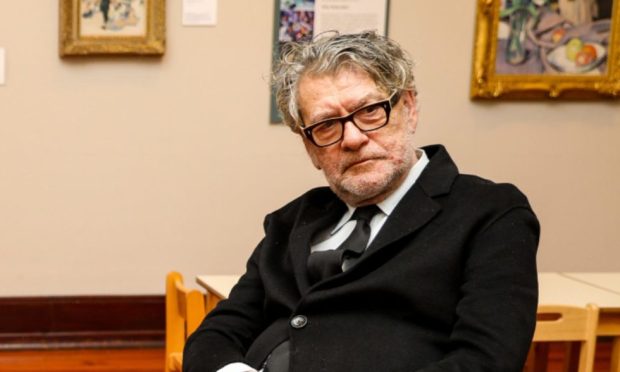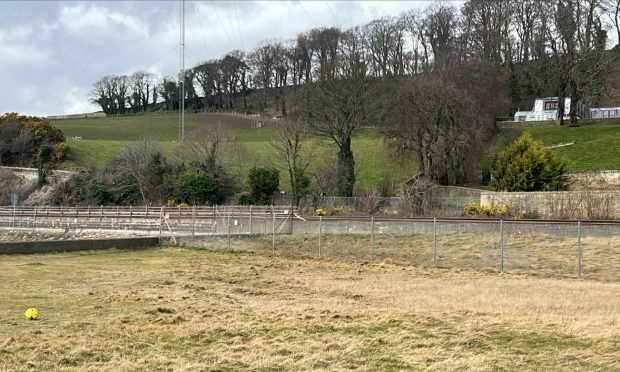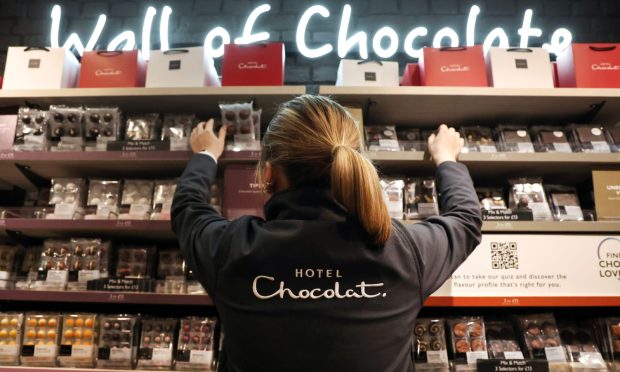Fife has one of the strongest cases in the country to host one of up to 10 proposed post-Brexit free ports, an MP has claimed.
Dunfermline and West Fife SNP MP Douglas Chapman has written to Prime Minister Boris Johnson seeking a meeting on using Rosyth as a place where goods could be imported and re-exported without checks, paperwork or tariffs.
Plans for a number of tax-free zones to offset tariffs after Brexit have been mooted by international trade secretary Liz Truss, and seaports and airports will be invited to bid to become a free port with the aim of increasing trade with new markets across the world.
Mr Chapman – who has been working with the All Party Parliamentary Group (APPG) on Free Ports for the past two years – said talks with landowners in the Rosyth Waterfront area are at an advanced stage.
He said: “With a wildcat no deal Brexit the preferred outcome for the new Prime Minister, we need to do everything we can to protect the Scottish economy should that scenario play out into reality.
“To date the stumbling block in developing free ports has been HM Treasury, however there seems to be a change of heart in Number 10 and this could advantage Rosyth Waterfront as we face a no deal situation.
“The UK Government has hinted that they would want to develop up to 10 free ports across the UK and it would be unthinkable that at least one port in Scotland would not be part of their plan.”
Mr Chapman said under-developed land at Rosyth Waterfront, easy access to the Forth and good rail and road infrastructure meant there was great potential for the site.
Mr Johnson has yet to respond to Mr Chapman’s request but has expressed support for free ports and the simplified regulations which have helped bring economic success to places such as Singapore and Hong Kong.
Ms Truss recently confirmed an advisory panel was being set up to take the idea forward.
She said: “What we’re talking about here is attracting new jobs into the country as a whole by doing things differently – and not being subject to some of the bureaucracy and rules that have held businesses back.”
